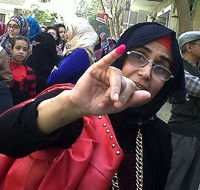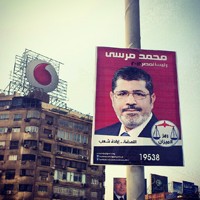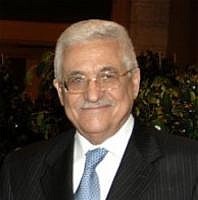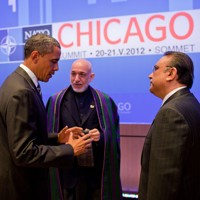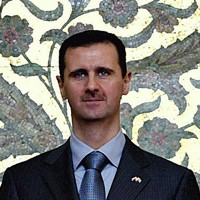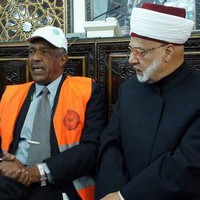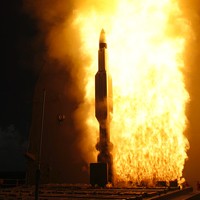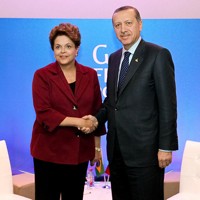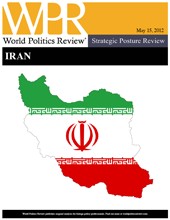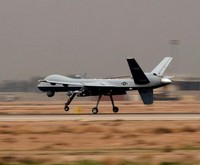
A recent New York Times feature article on President Barack Obama’s aggressive counterterrorism approach highlighted the administration’s use of armed drones to target terrorists whose names appear on what is known within the White House as the “kill list.” The president himself makes the final decision over whether to place a terrorist on the list, according to Obama advisers quoted in the article. That was the case for Anwar al-Awlaki, a U.S. citizen and al-Qaida operative who was killed by a drone strike in Yemen, where al-Qaida in the Arabian Peninsula is active. Though drone strikes allow the U.S. to […]

